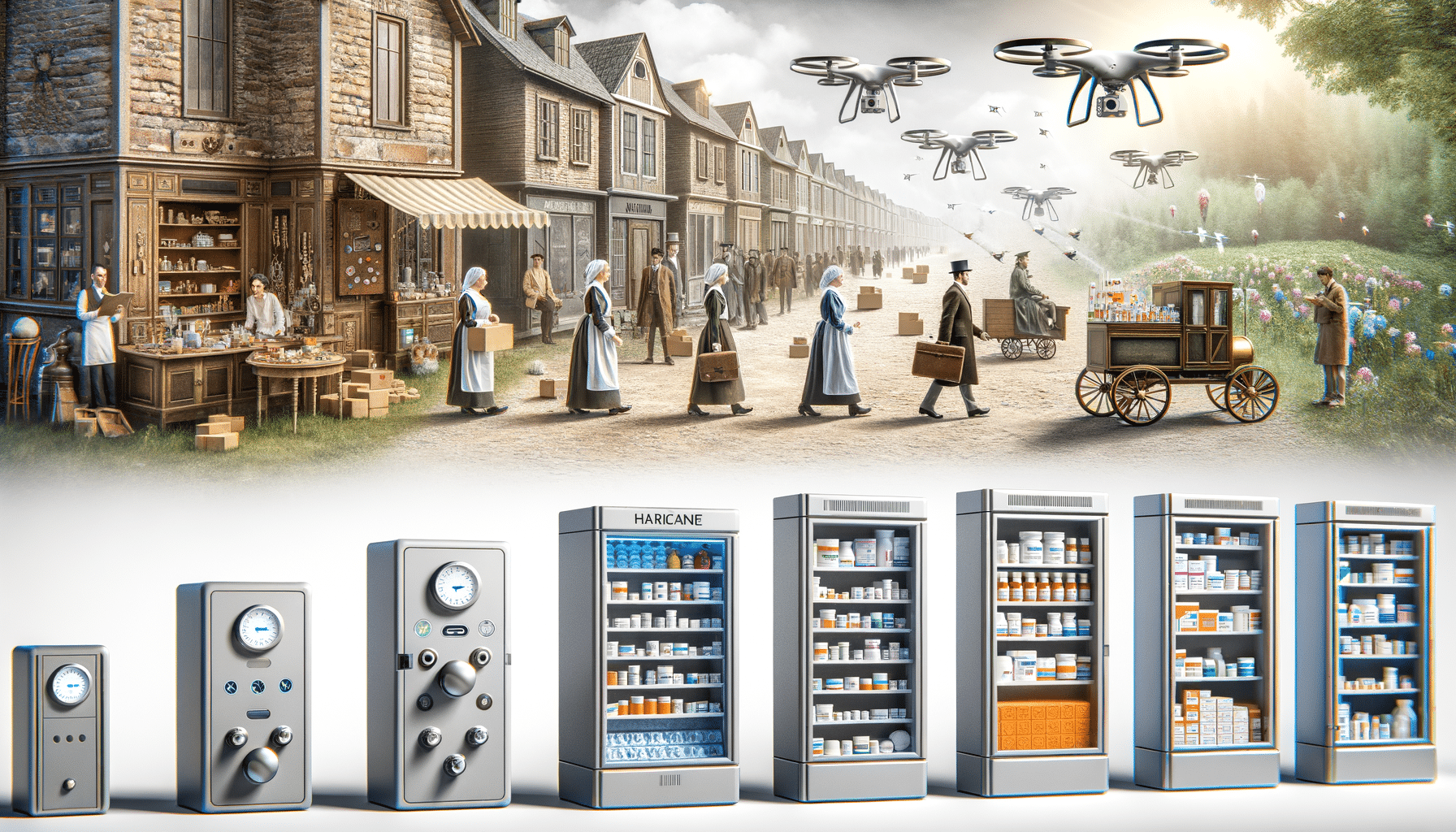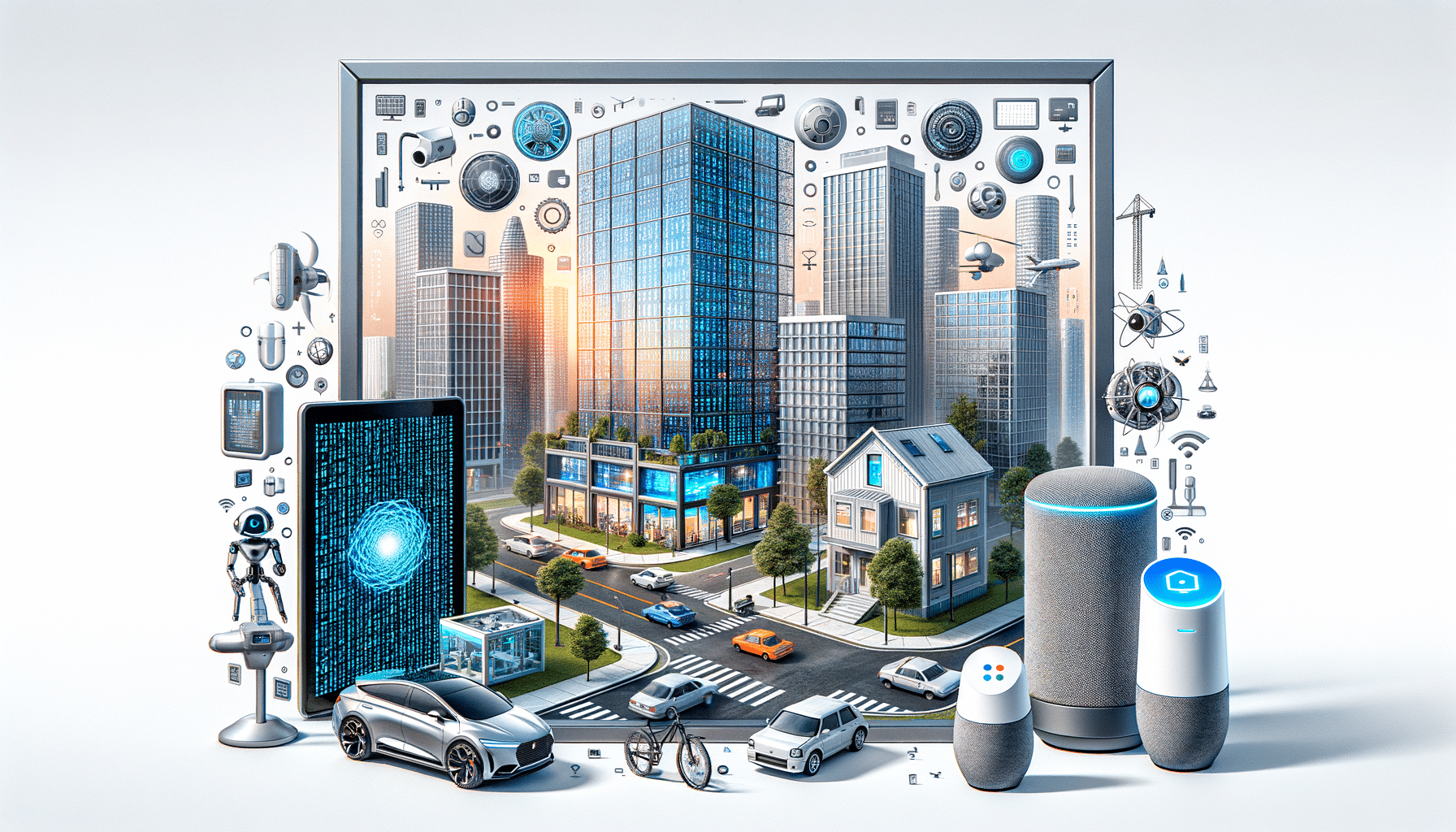
The Evolution and Impact of Medicine Delivery Services
Introduction to Medicine Delivery Services
In recent years, the landscape of healthcare has been undergoing significant changes, largely driven by advancements in technology and shifts in consumer expectations. Among these changes, medicine delivery services have emerged as a crucial component, offering unparalleled convenience and accessibility to patients worldwide. These services ensure that individuals, particularly those with mobility challenges or residing in remote areas, can receive their medications without the need to travel to a pharmacy. This article delves into the various aspects of medicine delivery, highlighting its significance, challenges, and future prospects.
The Significance of Medicine Delivery Services
Medicine delivery services play a pivotal role in enhancing healthcare accessibility. By bridging the gap between pharmacies and patients, these services ensure timely access to essential medications. This is particularly beneficial for elderly patients, individuals with chronic illnesses, and those living in rural areas where pharmacies may be scarce. Additionally, during situations like pandemics, medicine delivery services help minimize exposure risks by reducing the need for in-person pharmacy visits.
Moreover, these services often come with the added benefits of medication management and reminders, ensuring patients adhere to their prescribed schedules. This can lead to improved health outcomes and reduced hospital readmissions. By providing a seamless and efficient way to obtain medications, medicine delivery services are revolutionizing the way healthcare is delivered and consumed.
Challenges Faced by Medicine Delivery Services
Despite their numerous benefits, medicine delivery services face several challenges. One of the primary concerns is ensuring the safe and secure delivery of medications. This involves maintaining the integrity of drugs, especially those that require specific storage conditions, such as refrigeration. Additionally, there are regulatory hurdles to navigate, as different regions may have varying laws regarding the delivery of prescription medications.
Another challenge is the need for robust systems to verify prescriptions and prevent medication errors. Ensuring data privacy and security is also paramount, as these services handle sensitive patient information. Addressing these challenges requires a combination of technological innovation, regulatory compliance, and collaboration between healthcare providers and delivery services.
Technological Innovations in Medicine Delivery
Technology plays a crucial role in the evolution of medicine delivery services. Innovations such as mobile apps and online platforms have made it easier for patients to order medications with just a few clicks. These platforms often provide features like tracking, reminders, and consultations with pharmacists, enhancing the overall user experience.
Furthermore, advancements in logistics and delivery technologies, such as drones and autonomous vehicles, are being explored to improve the efficiency and reach of medicine delivery services. These technologies hold the potential to drastically reduce delivery times and extend services to remote and underserved areas, making healthcare more inclusive and accessible.
The Future of Medicine Delivery Services
The future of medicine delivery services looks promising, with continuous advancements in technology and increasing demand for convenient healthcare solutions. As digital health ecosystems expand, medicine delivery services are likely to become more integrated with telehealth platforms, offering a comprehensive healthcare experience.
We can expect to see more personalized delivery options, enhanced by data analytics and artificial intelligence, to cater to individual patient needs. Additionally, as regulatory frameworks evolve to accommodate these services, we may witness a surge in partnerships between healthcare providers, pharmacies, and delivery companies, further optimizing the delivery process.
Ultimately, medicine delivery services are set to play a pivotal role in shaping the future of healthcare, making it more patient-centric and accessible to all.


